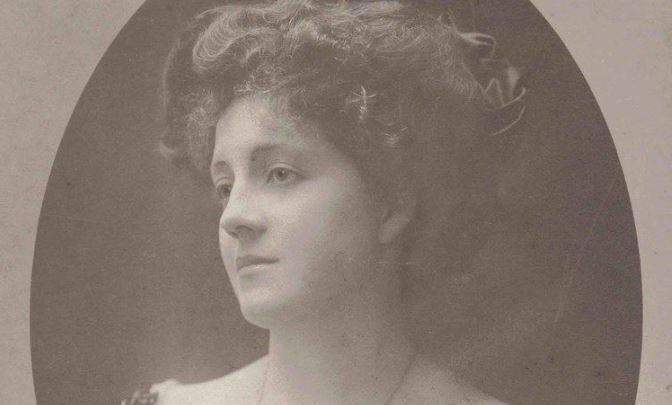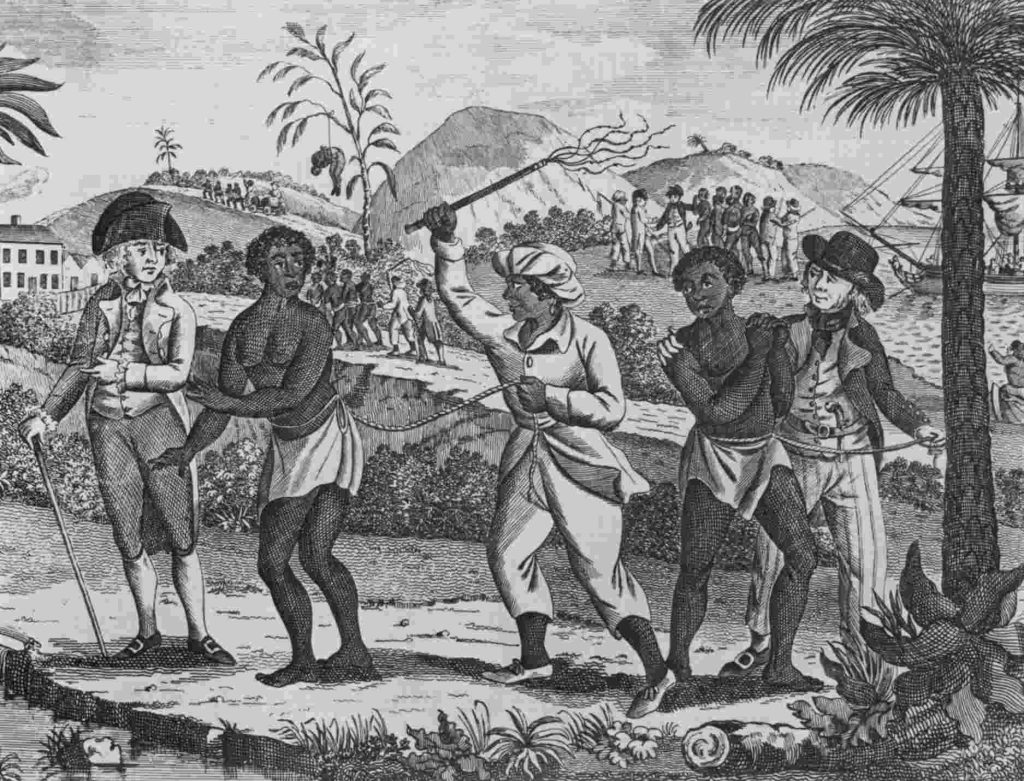Why 18th century Christians refused sugar
Justice & Advocacy
“Few subject to the modern slave trade are able to liberate themselves in the way the Haitians did in 1791. Most will only taste freedom if we intervene to change the system that binds them. They need people of good will to emulate the sugar-refusing activists of the 18th century,” says The Very Rev’d Dr Peter Catt

Until the mid-17th century sugar was a luxury food which only the rich could afford. Over time, the wide use of slave labour drove down the price of sugar and as a result sugar became a mainstream food item. Demand boomed. And the general population could not do without it. Sweet tea was all the rage!
Slowly but surely during the 17th, 18th and early-19th centuries the general population of places like the UK and the USA became increasingly aware of the inhuman nature of the slave trade. As a result calls for the abolition of the slave trade began to increase.
Advertisement
In response to the calls for abolition the slave-owners reminded the general population that access to affordable sugar was dependent on the use of cheap slave labour. Indentured labour was much more expensive.
The other factor driving the plantation owners to defend slavery was the fact that the conditions on the farms were so harsh that attracting indentured labourers was difficult. The average life-expectancy of a slave after arrival from Africa was less than five years. The harsh working conditions and disease contributed to the high death rate.

An 18th century engraving showing newly arrived African captives — a woman and a man — for the Caribbean slave trade (Image courtesy of Canva Photos)
The population’s love of affordable sugar and their increasing discomfort with the reality of slavery resulted in a form of dissonance. As is often the case the dissonance led many to disengage. They did not know what to do, so continued living in the status quo.
Meanwhile Christian activists started drinking tea without sugar; an early form of consumer boycott.
Wednesday 23 August is the International Day for the Remembrance of the Slave Trade and its Abolition. The date commemorates the Haitian revolution, the day in 1791 when the slaves of Haiti rose up and took over the nation, expelling the French administration and the slave-owning planters. They were able to do this because they outnumbered their captors by a ratio of ten to one.
Advertisement
Today many of us unwittingly support the modern slave trade through our love of cheap goods of unknown provenance.
Few subject to the modern slave trade are able to liberate themselves in the way the Haitians did in 1791. Most will only taste freedom if we intervene to change the system that binds them. They need people of good will to emulate the sugar-refusing activists of the 18th century.
Peace,
Peter+
First published in the St John’s Cathedral Precinct e-news on 21 August 2023.
Editor’s note: The Anglican Church Southern Queensland (ASCQ) submitted a modern slavery statement to the Australian Government earlier this year. The ACSQ has adopted a modern slavery policy committing all parts of the ACSQ to identify and reduce modern slavery risks across its operations and supply chains.






